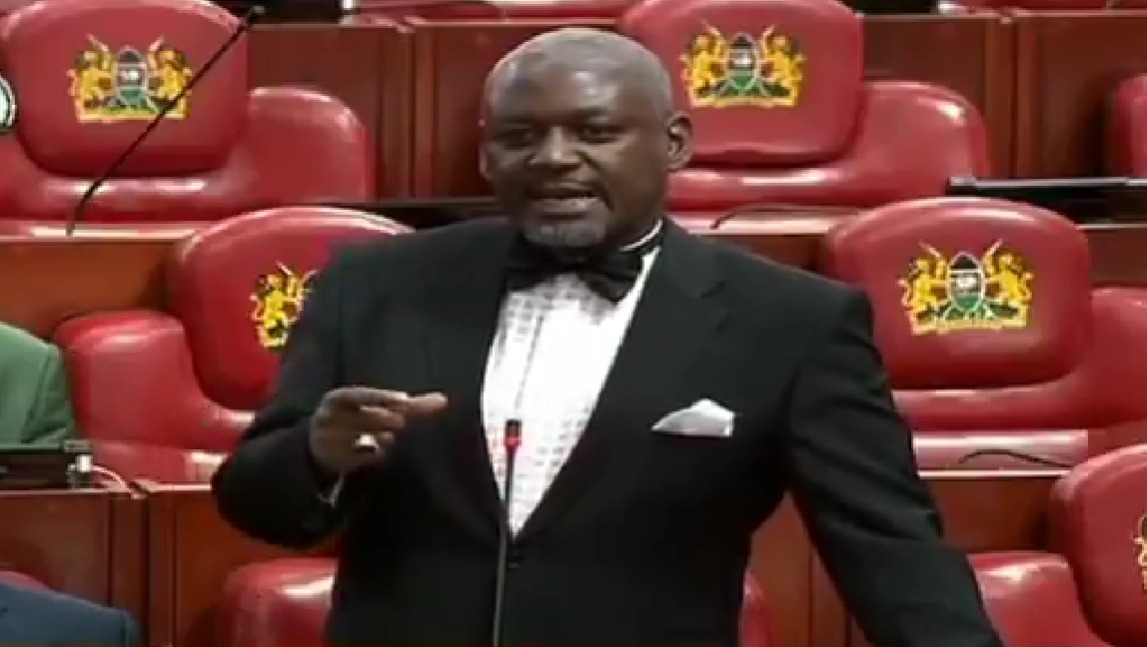

Senior Counsel and Rarieda MP Otiende Amollo has described as a "charade" the stepping aside of Deputy Inspector General of Police Eliud Lagat ostensibly to allow for impartial investigations into the death of teacher and blogger Albert Ojwang.
Ojwang died on June 8 in a cell at Nairobi's Central police station hours after he was picked up from his rural home in Homa Bay by DCI officers for allegedly posting defamatory material about Lagat.
On June 16, Lagat said in a statement he had opted to step aside and pledged to cooperate with the Independent Policing Oversight Authority (Ipoa) in the investigations.
While speaking on the floor of the National Assembly on Wednesday, Amollo said the so called 'stepping aside' is not anchored in any law.
The MP said for Lagat to have taken such an action in the context of paving way for impartial investigations "demonstrates impunity and disregard for the law".
"There's nothing like stepping aside in law," Amollo said.
He said removal of the DIG is stipulated under Section 17 and 95(a) of the Police Service Act.
Under Section 17, he explained, the DIG can be removed from office, be retired, or be redeployed by the President.
On the other hand, he said Section 95(a) of the Act mandates the National Police Service Commission's disciplinary committee to carry out the removal process of a police officer accused of misconduct.
"You cannot discipline yourself by saying you've stepped aside. What does that mean in law? This whole issue is a charade," Amollo said.
In his learned opinion, Amollo said for there to be justice in the death of Ojwang and those shot and injured during the resultant protests on Tuesday, it behooves the National Assembly to take charge and establish an ad hoc committee to probe the incidents.
He said tasking the National Assembly Committee on Security to unravel what exactly happened would be asking them for something that is beyond them, warning that the country risks sliding into a banana republic if the issue of police brutality is not conclusively investigated.
Amollo said the security committee cannot be trusted to find accurate answers while it's relying on the same police service that initially claimed Ojwang died by suicide, a claim dimistified by the official autopsy report that pointed to strangulation.
"There's no way they can give us better answers," he said.
"If ever there was a case where we should consider constituting an ad hoc committee to look into what actually happened and also to look at what happens to other persons in similar circumstances so that the police can be brought to order within the constitution and the law."
Amollo further said Ipoa cannot be trusted to get to the bottom of the matter because "Ipoa cannot, as the person investigating police conduct, attend a press conference where the police are explaining their own conduct".
"Ipoa has failed us, you cannot do that," he said.
Lagat appeared before the authority on Thursday for questioning.












